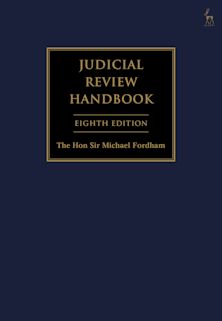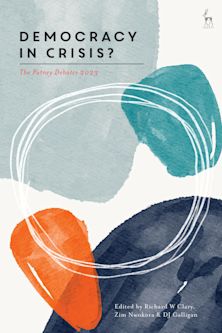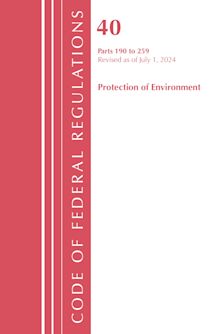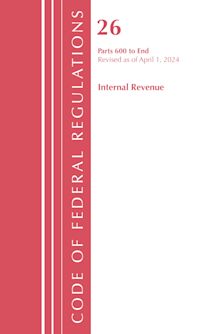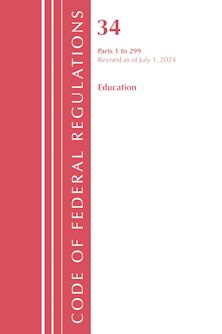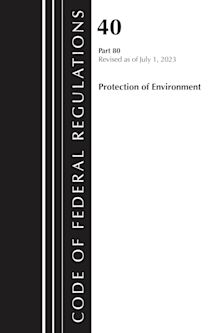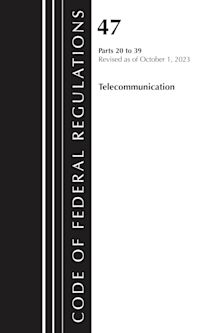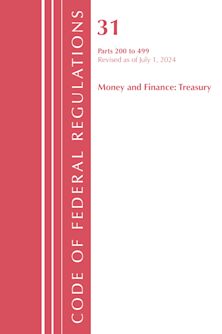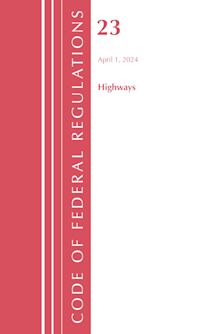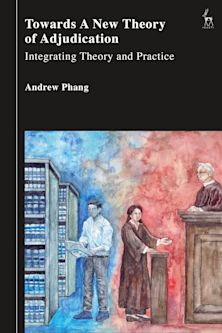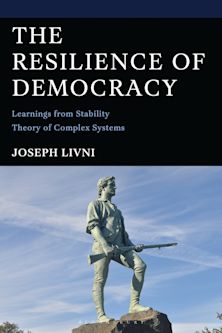- Home
- ACADEMIC
- Law
- Constitutional and Administrative Law
- Parliamentary Sovereignty and the Human Rights Act
Parliamentary Sovereignty and the Human Rights Act
Parliamentary Sovereignty and the Human Rights Act
You must sign in to add this item to your wishlist. Please sign in or create an account
Description
The Human Rights Act 1998 is criticised for providing a weak protection of human rights. The principle of parliamentary legislative supremacy prevents entrenchment, meaning that courts cannot overturn legislation passed after the Act that contradicts Convention rights. This book investigates this assumption, arguing that the principle of parliamentary legislative supremacy is sufficiently flexible to enable a stronger protection of human rights, which can replicate the effect of entrenchment. Nevertheless, it is argued that the current protection should not be strengthened. If correctly interpreted, the Human Rights Act can facilitate democratic dialogue that enables courts to perform their proper correcting function to protect rights from abuse, whilst enabling the legislature to authoritatively determine contestable issues surrounding the extent to which human rights should be protected alongside other rights, interests and goals of a particular society. This understanding of the Human Rights Act also provides a different justification for the preservation of Dicey's conception of parliamentary sovereignty in the UK Constitution.
Table of Contents
I. Defining Parliamentary Sovereignty: Dicey's Conception
II. The Compatibility of the Human Rights Act 1998 with Dicey's Theory of Parliamentary Sovereignty
III. Sovereignty Explored
IV. In Defence of the Human Rights Act 1998
V. In Defence of Dicey
2 INTERPRETATION AND IMPLIED REPEAL
I. Continuing Parliamentary Legislative Supremacy and the Doctrine of Implied Repeal: the Orthodox Account
II. The Narrow Scope of Implied Repeal
III. How to give Human Rights an 'Entrenchment Effect'
IV. Conclusion
3 REDEFINITION AND THE RULE OF RECOGNITION
I. Continuing and Self-embracing Parliamentary Legislative Supremacy
II. Manner and Form and Redefinition
III. Methods of Entrenchment
IV. Conclusion
4 DEMOCRACY AND RIGHTS
I. Dicey and Democracy
II. Constitutional Rights
III. Democratic Dialogue
IV. Conclusion
5 DEMOCRATIC DIALOGUE AND THE HUMAN RIGHTS ACT 1998
I. Models of Dialogue
II. Justification of Democratic Dialogue
III. Justifications of the Human Rights Act 1998
IV. Dialogue and Institutional Competences
V. Towards a Theory of Adjudication
VI. Conclusion
6 A THEORY OF ADJUDICATION
I. The Current Legal Test
II. A New Theory of Adjudication
III. Conclusion
7 CONCLUSION
I. A Modest Defence of Continuing Parliamentary Legislative Supremacy
II. Conclusion
Product details
| Published | Dec 05 2008 |
|---|---|
| Format | Ebook (PDF) |
| Edition | 1st |
| Extent | 200 |
| ISBN | 9781847314734 |
| Imprint | Hart Publishing |
| Publisher | Bloomsbury Publishing |
About the contributors
Reviews
-
...an academically valuable, as well as a very interesting book. It encouraged me to look at some topics in a new light and the focus on the significant role of interpretation, and on the potential of democratic dialogue, is welcome.
...the arguments and analysis in this work deserve to be read and widely so.Elizabeth Wicks, European Public Law, Volume 17, Number 1
-
…the argument Young makes is a coherent and convincing one. Her discussion in chapter five of the sadly under-used theory of democratic dialogue in the context of the HRA is extremely compelling, with an admirable eye for the details of how dialogue would work.
C.J.S Knight, The Cambridge Law Journal, Vol 68 (2)
-
...the book deserves reading (and re-reading) for the detailed analysis of parliamentary sovereignty.
Rory O'Connell, Law and Politics Book Review, Vol 19, No 9
-
Young's book provides an interesting account of what has been a significant point of constitutional interest
The book is very well written, providing a welcome and refreshing justification for Dicey's principle of parliamentary sovereignty in view of one of the most dramatic qualifications to have been introduced since the Parliament Act 1911.
The book represents a well-written and well-argued account of the way in which parliamentary sovereignty related to the Human Rights Act 1998 and which makes a significant contribution to the academic field of constitutional law.John Stanton, Legal Studies, Issue 4

ONLINE RESOURCES
Bloomsbury Collections
This book is available on Bloomsbury Collections where your library has access.













